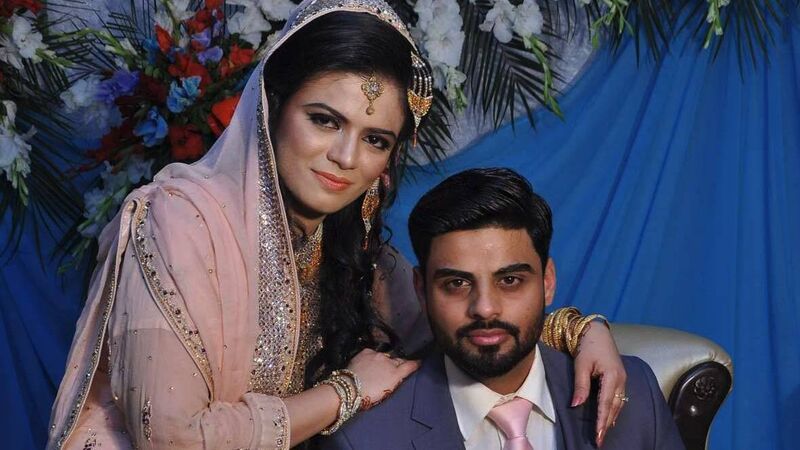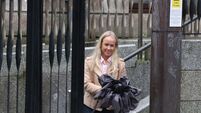Man whose wife died four hours after delivering baby settles High Court action for €1.9m

Nayyab Tariq with her husband Ayaz Ul Hassan. Nayyab died after giving birth at Mayo University Hospital. Asked about the loss of his wife as they started out to make a life in this country, Mr Ul Hassan said: “To be honest I don't think it's something that can be put into words."
The husband of a 28-year-old woman who died just four hours after delivering her baby at Mayo University Hospital has settled for €1.9 million High Court actions over her death.
First-time mother, Nayyab Tariq, a microbiologist in Ireland from Pakistan, the High Court heard, suffered a massive postpartum haemhorrage, went into shock and cardiac arrest just four hours after giving birth to her daughter in 2020.











